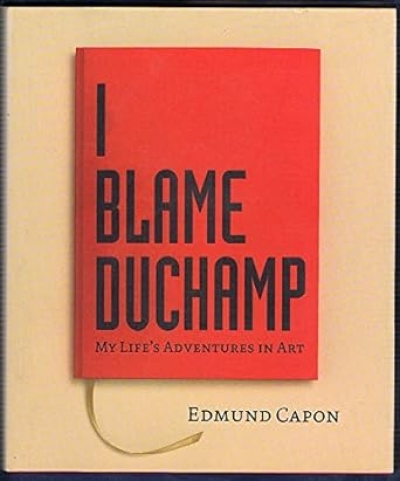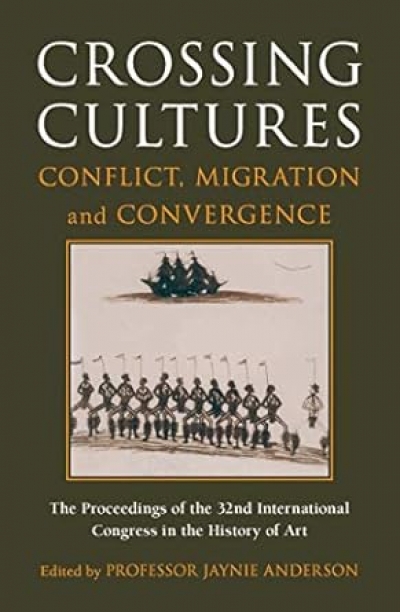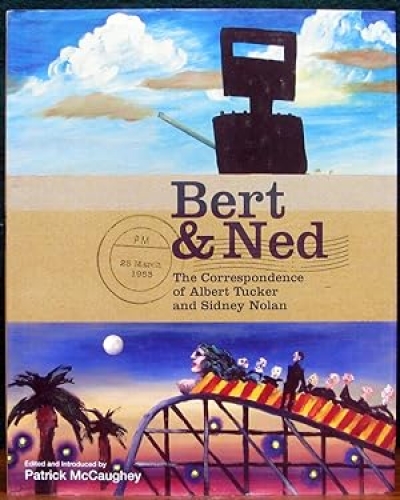Accessibility Tools
- Content scaling 100%
- Font size 100%
- Line height 100%
- Letter spacing 100%
Patrick McCaughey
Paradoxical neglect
Dear Editor,
Patrick McCaughey’s article ‘NativeGrounds and Foreign Fields: The Paradoxical Neglect of Australian Art Abroad’ (June 2011) caught my attention because of its title, then its content. The ...
Twenty years ago, when I was at the Wadsworth Atheneum in Hartford, I heard of an Arthur Boyd exhibition in SoHo. Recklessly, without seeing the show, I urged my American friends to see one of Australia’s foremost contemporary painters. The gallery, unknown to me, turned out to be small and unimpressive. There were five or six late paintings, including one of those large, multi-figured bathers, with that disconcerting quality of Boyd at the end of his career, both slapdash and commercial at the same moment. ‘So this is what contemporary Australian painting looks like?’ my companion asked ironically, just within the bounds of good manners.
... (read more)I Blame Duchamp: My Life’s adventures in art by Edmund Capon
Crossing Cultures: Conflict, migration and convergence. The proceedings of the 32nd International Congress of the History of Art edited by Jaynie Anderson
DIAMETRIC OPPOSITES
Dear Editor,
I concur with Daniel Thomas’s high opinion of the collection of Eva and Marc Besen and of their TarraWarra Museum, and share his admiration of the essays by Christopher Heathcote and Sarah Thomas in his review of Encounters with Australian Modern Art (February 2009).
...Encounters with Australian Modern Art by Christopher Heathcote, Patrick McCaughey and Sarah Thomas
Centre of the Periphery: Three European art historians in Melbourne by Sheridan Palmer
Dennis Altman
In any given year we will read but a tiny handful of potential ‘best books’, so this is no more than a personal selection. Here are two novels that stand out: Stephen Eldred-Grigg’s Shanghai Boy (Vintage) and Hari Kunzru’s Tranmission (Penguin). Both speak of the confusion of identity and emotions caused by rapid displacement across the world. The first is the account of a middle-aged New Zealand teacher who falls disastrously in love while teaching in Shanghai. Transmission takes a naïve young Indian computer programmer to the United States, with remarkable consequences. From a number of political books, let me select two, both from my own publisher, Scribe, which offers, I regret, no kickbacks. One is George Megalogenis’s The Longest Decade; the other, James Carroll’s House of War. Together they provide a depressing but challenging backdrop to understanding the current impasse of the Bush–Howard administrations in Iraq.
... (read more)





